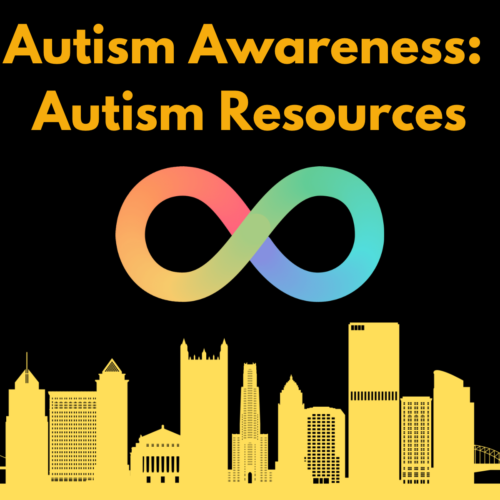
Summer Recipes
May 16, 2016
Q&A with The Glimmer of Hope Founder, Diana Napper
May 16, 2016
In 2004, nearly a quarter million women were diagnosed with breast cancer in the United States. Of them, approximately 15 percent were women of reproductive age. While the majority of women who are diagnosed with breast cancer are older, the troubling part is that when younger women are diagnosed with the disease, it is usually found in a more advanced stage and the tumors are more aggressive.
According to The Glimmer of Hope Foundation’s information, younger women are more likely to die of the disease than older women. When younger women are diagnosed with the disease, they are often impacted differently than older women.
The Glimmer of Hope finds that:
- Younger women are more likely to receive chemotherapy than older women.
- Younger women often have children in the house to care for during treatment.
- Infertility can result secondary to chemotherapy.
- Sexual dysfunction secondary to chemotherapy is more common in younger women.
- Depression occurs more frequently in younger women with breast cancer, than in older women.
- Younger women worry about what will happen to their children if they don’t survive.
Early detection and knowing risk factors are key elements. Some risk factors such as age, race, family history, and genetics cannot be changed. According to the American Cancer Society, eight out ten women who are diagnosed with breast cancer DO NOT have a family history of breast cancer. However, as researchers learn more about DNA and genes, some factors have come to light, especially for those who carry the BRCA1 or BRCA2 mutation. Women with these mutations have a 50 to 85 percent chance of developing breast cancer during their lifetimes, and breast cancers linked to these mutations are found in younger women.
If you are concerned because your family has a history of breast cancer, The Glimmer of Hope Foundation offers a wealth of information to educate you on how to best proceed, including information on the pros and cons of genetic testing. Visit the website at: www.symbolofthecure.com.
See Also:
Diana Napper’s Promise Benefits Pittsburgh Breast Cancer Patients
Q&A Diana Napper: Glimmer of Hope




